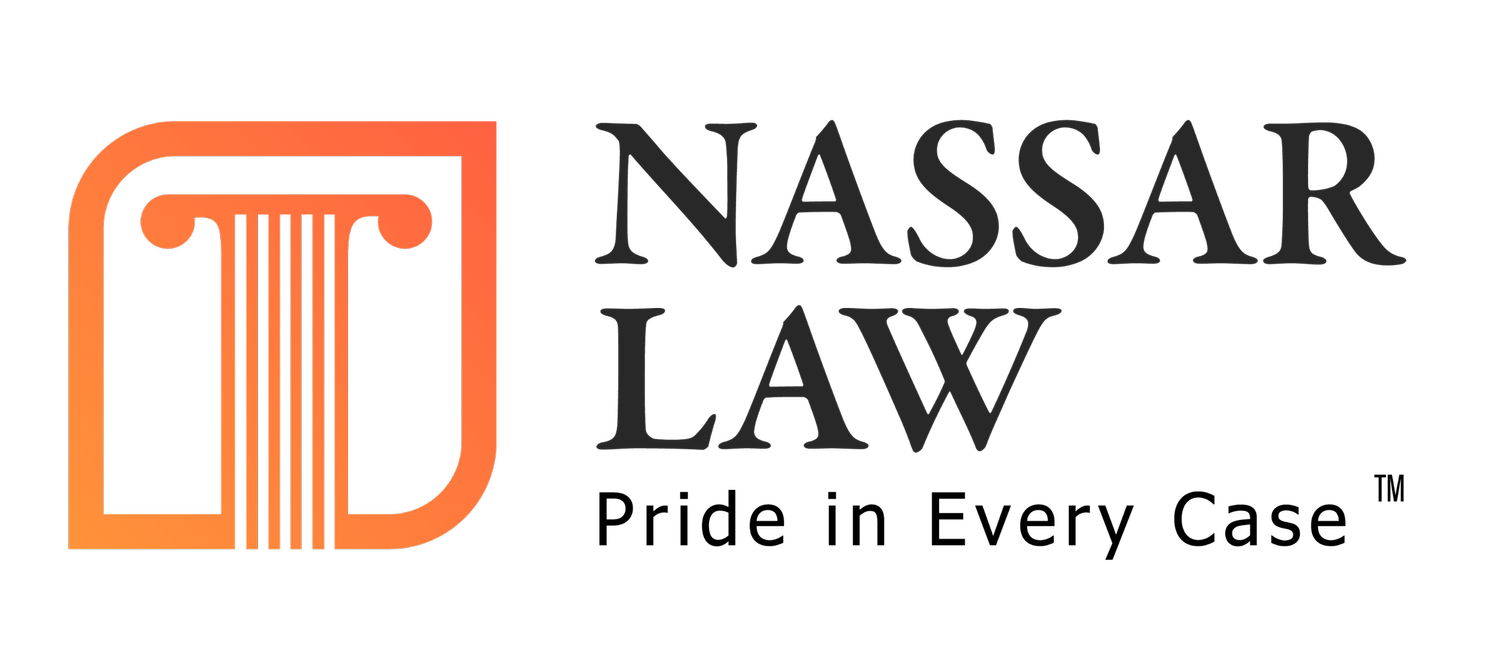What must one prove in a slip and fall suit? Know the ins and outs of premise Liability.
Slip and fall / trip and fall cases are also known as premise liability cases since they occur on property owned, managed, and/or controlled by another party (government or non-government also). Premise liability cases are responsible for more than eight million hospitals visits in the US per year.
Premise liability cases are one of the most difficult cases to achieve a successful outcome. Unlike a vehicle collision where a car rear-ends another car and automatically placed at fault (“liable”) for the collision, premise liability cases require liability to be established. Proving liability in a premise liability is the most difficult of the elements required to achieve a successful outcome.
The California Civil Jury Instructions (CACI) state that the plaintiff in a slip and fall suit must prove all of the following:
The defendant owned, leased, occupied, or controlled the property;
The defendant was negligent in the use or maintenance of the property;
The plaintiff was harmed; and
The defendant’s negligence was a substantial factor in causing harm to the plaintiff.
Elements 1, 3, and 4 are straightforward to show. However, element two (second element) is where the challenge exists. Proving the defendant was “negligent” is to show the defendant was “liable” (in a car accident, it would be he who ran the red light or who rear-ended you). Negligence can be shown by the Defendant having knowledge of the dangerous condition and failed to warn of or repair the dangerous condition. Knowledge can be proven in various ways: Actual knowledge or constructive knowledge (defendant should have known). Many factors exist as to both methods. Further, the status of the plaintiff (you) for your purpose on the property sets forth additional issues (ex: where you invited to the property? A business Patron? Trespassing?).
Attempting to represent your own claim can lead to many potential risks that can destroy a valid claim. If you have been involved in a premise liability case, do not wait to hire an attorney. Nassar Law PLLC is here to help. Attorney Greg Nassar, Esq., focuses on premise liability cases and works on a contingency basis; meaning we are only paid a percentage of your settlement or successful claim. Call us immediately to obtain a free case evaluation from a law office you can trust.

